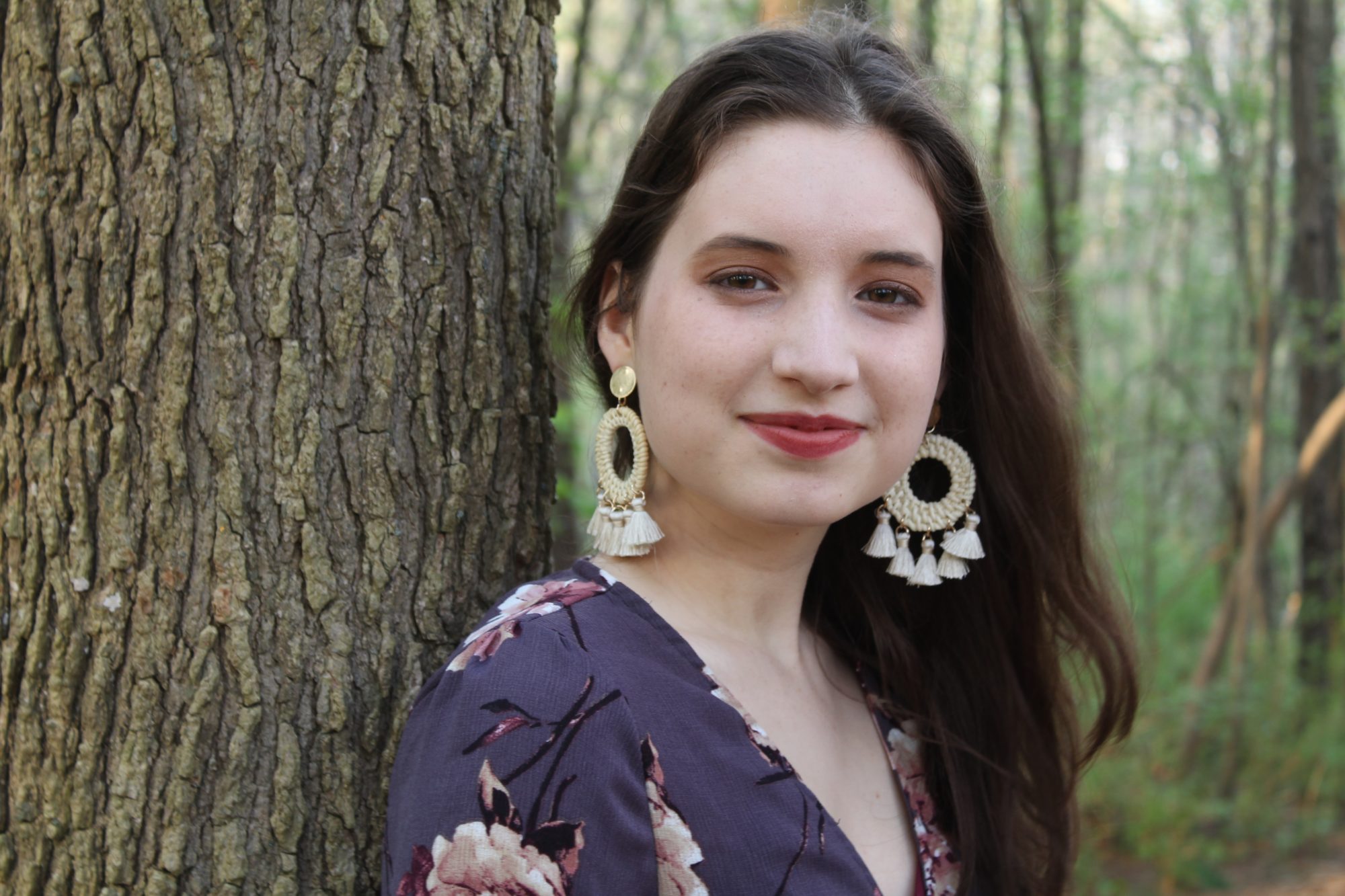
2,000 campuses. 121 countries. 1 global prize.
The Hult Prize is a global competition sponsored by the United Nations to create a better world. In a spur of social entrepreneurship, students must tackle a social issue by creating a sustainable business idea that is scalable to at least 10 million people.
The contest begins on a university level. Teams of three pitch their idea in a brief presentation to a panel of knowledgeable judges, who select one campus winner in December. The following spring, this team then advances to the regional summit in their country or a neighboring country. Usually the team attends the summit closest to the university, though it is possible to fly to an international city.
Ultimately, the contestants from the top team of each region spend a week at the Global Accelerator Program, where they receive mentorship to transform their business idea into a practical prototype. Following the accelerator, six finalist teams pitch their business to top leaders, executives, and philanthropists for a chance at the grand million-dollar prize.
This year, Claire Howard will serve as Syracuse University’s Hult Prize campus ambassador and competition director. A true global citizen, Claire is double majoring in Economics and International Relations through the Maxwell School of Citizenship and Public Affairs with a minor in German. She will coordinate the on-campus contest by recruiting teams and judges and connecting contestants to the mentorship and resources offered by Syracuse University Blackstone LaunchPad and Techstars.
As a naturally empathetic and passionate individual, Claire is eager to see what students will create. The desire for positive change defines a core aspect of Claire’s values: “Social entrepreneurship has always been something that I am really passionate about. It’s important to recognize that as Syracuse students, we have overwhelming privilege and receive an amazing education, so we have a responsibility to use our talents to help others.”
Beyond her involvement with the LaunchPad, Claire works with Slow Food, which aims to create a sense of community around sharing quality meals. She has also volunteered at Northside Learning Center, where she would help teach adult English to refugees. Last year, Claire even created a nonprofit for teaching computer science to girls in developing nations. Before the pandemic, Claire was supposed to spend her summer in Moldova, conducting learning camps.
“I love noticing the things that make the world beautiful and make life worth living. I always want to live in a passionate and wholehearted way,” Claire says. “I also want to understand other people and their experience. Everybody is really the same—everybody wants to be loved and understood and seen for who they are.”
This mindset inspires Claire to pursue directing the Hult Prize, which she believes can tangibly address very real issues by harnessing the talent of college students who have the drive to enact their ideas. She notes that the Hult Prize is not merely theoretical but creates real, practical companies that use business for social impact.
This year’s theme is “Food for Good,” challenging students to “transform food into a vehicle for change.” Claire explains that despite our advanced technology and abundance of food, millions of people are still starving—the issue therefore stems from the global food supply chain, and there is an urgent need to create accessibility to healthy, high-quality food. The business pitch does not need to solve the global food supply chain—just in some way address it.
In essence, the theme challenges students to ask, “How do we get food to the people who need it?”
Claire encourages students who are hesitant about participating to make the leap without worrying about winning. She emphasizes that the process in and of itself is valuable: “You get to see your ideas put into a practical business, and that’s one of the best feelings in the world—to know that you have ideas that are marketable and can be of some good in the world.”
Competing for the Hult Prize is no easy task—it requires a great deal of planning to ensure the pitch, value proposition, and business model meet the guidelines. More importantly, it’s imperative to understand why the theme is important and care about your proposed solution.
“When you care about what you’re doing, you’re going to work harder on it,” Claire clarifies.
That said, working toward the Hult Prize is worth the effort. Besides receiving great networking and business experience, Claire adds that “It’s amazing for your career, for your self-confidence, and on the whole, it’s an extremely rewarding experience that will help you have a sense of who you are, your capabilities, and where you are going in life.”
Claire also explains the merit of the community that the Hult Prize has created: “It’s important to be in a community here you feel inspired.”
This is especially necessary now, when the world has been struck by a wave of socially distant communication.
“This year is really hard for a lot of people. People feel very lonely—they feel isolated, they feel uninspired and unfulfilled and directionless,” Claire says. “The Hult Prize is something meaningful that people can be a part of.”
Claire’s vision for the Hult Prize community this year is to “create something valuable in a world that feels like a lot of things of value have been lost.”
To apply for Syracuse University’s Hult Prize competition on Dec. 4, click here. The link also contains application deadlines and information regarding registration through the Hult Prize website.
Story by Sasha Temerte ’23, LaunchPad Orange Ambassador; photo supplied